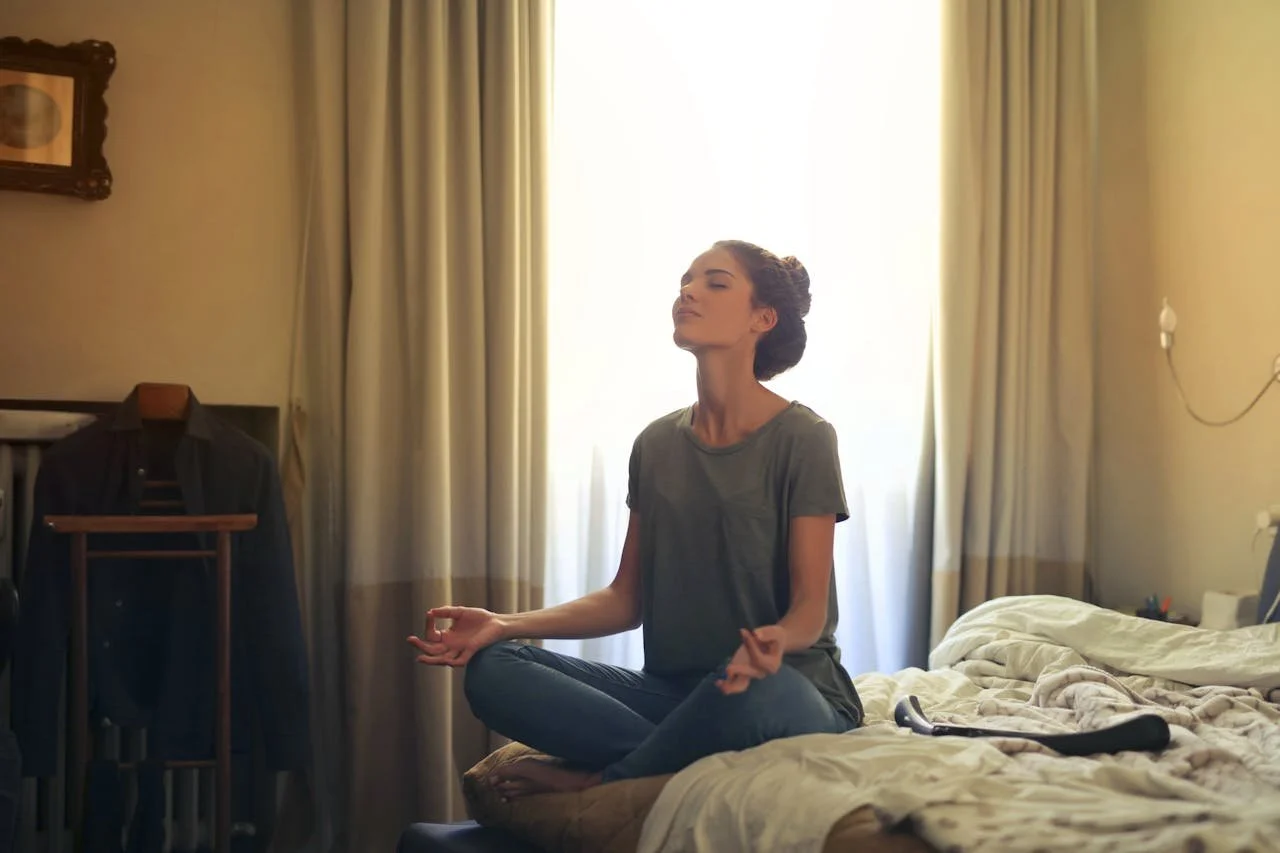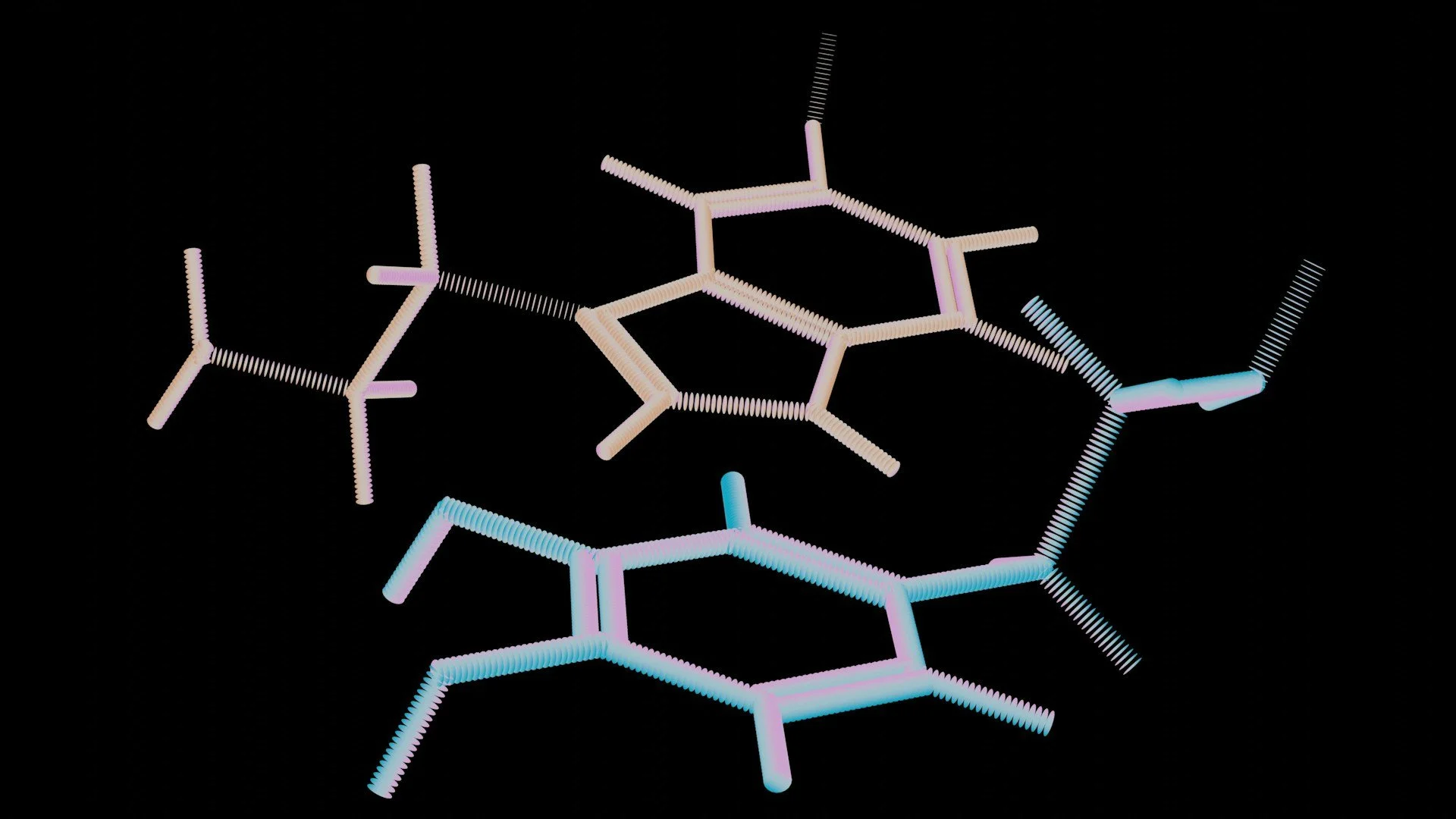Replacing the Dopamine Spike: Why Meditation Is the Anti-Rush That Heals
By Kazar Markaryan
Somehow, within the past few years, the dopamine spike became one of those phrases one hears everywhere. You hear it at coffee shops, in recovery groups, at the gym, inside Instagram captions describing ice baths or black coffee (no cream). It became shorthand for a certain self-awareness – the understanding that a chemical inside your head has a say in how much pleasure, motivation, and urgency you feel when you do something that feels rewarding. That’s right, it’s now a phrase people throw around with a handful of casual expertise. So the conversation turns, often, to replacing the dopamine spike. To control something that used to run in the background, like the refrigerator hum, unnoticed until one day it’s all you can hear.
What Is the Dopamine Spike?
A dopamine spike is a sharp rise in dopamine levels. It happens once the brain has registered a potential reward. Not necessarily the reward itself, but the moment you’ve sensed it’s near. There’s a reason dopamine is sometimes mischaracterized as a pleasure hormone – it’s not the joy but the pursuit, the surge that comes when your brain says yes, this might be worth it.
According to an article on the NIH website, dopamine helps regulate how much effort a person is willing to put in for a given outcome. Even deciding to go to the gym or answer a text has a reward calculus attached to it. And dopamine is always in the room where the decisions happen. When a person reaches for their phone fifty times a day or feels anxious when nothing’s happening, we’re not dealing with a random behavior, but a system responding to how the spikes have shaped their preferences, their pacing, their patterns of delay and relief.
Dopamine (shown here in blue) is a brain chemical that influences how much effort a person is ready to invest to achieve a certain result.
Why Meditation Is the Anti-Rush That Heals
In a world where the nervous system is calibrated toward alerts and fast scrolls and micro-rewards spaced seconds apart, meditation means healing. A practice that refuses to perform for the dopamine cycle. Instead, it’s inviting the body to recalibrate by removing the usual signals of effort and reward.
Solitude (That) Counts as Practice
Meditation doesn’t always look like lotus-position stillness. Sometimes it’s simply a person sitting in a room reading a page more than once because something in it speaks to their soul. In more acute cases of dopamine dysregulation and especially for those in addiction recovery, that kind of engagement can prove more effective than breathwork. There are books that support sobriety, such as The Unexpected Joy of Being Sober by Catherine Gray. They do the work of meditation without calling it that, helping the reader slow their interpretation of the world. Therefore, these books allow something to land before it’s translated into an impulse.
The point is that certain forms of solitude function like meditation when the attention involved is deliberate, patient, and contained. Reading without distraction, even rereading passages that repeat themes of quiet change or slow repair, is good. It gives the system a chance to function outside the spike-response model.
Healing the Emotional Origin Point
There’s usually a beginning to the dopamine seeking, even if it’s hard to name. A wound that asked for soothing long before the need for replacing the dopamine spike existed. An ache that wanted relief and found it once in sugar or screen time or quick praise. Meditation won’t completely erase the wound, but it will offer a different form of acknowledgment.
When a person meditates regularly, their system starts locating the original emotions without needing to surround them with a narrative or justification. This disrupts the compulsion to spike the system for escape. Instead, it makes room for staying, not in order to suffer, but to understand.
Recalibration of What Feels Necessary
Once the system had stopped expecting a spike, something very subtle started: a reevaluation of what counts as urgency. Meditation produces a kind of spacing in the mind; it separates trigger from response, lets thought exist before it requires action. People often describe this change without realizing what’s happening, saying things like I don’t need to check my phone right away or I just sat there and felt fine. What used to feel crucial starts to seem optional, and what was always essential – peace, attention, breath – gets its place back.
Sleep That Isn’t Just Absence
Rest becomes real again once the nervous system is given permission to leave the alert state. Meditation assists through the reversal of stimulation. The more consistently a person meditates, the less likely they are to ruminate before bed. They’re also less likely to wake up flooded with the unfinished mental residue of the day before.
Insomnia is often just an overstimulated dopamine system with no place to go. Meditation strips away the activation cues. It slows the preparatory state that normally anticipates reward and instead leads the body into stillness without asking it to trade silence for satisfaction.
Insomnia often happens when an overstimulated dopamine system keeps the brain too active.
A System That Doesn’t Default to Fear
An anxious body is a spiked body. It moves too fast between moments, reads discomfort as a threat, and expects bad outcomes to arrive early (and often). Once a person takes up meditation, they teach their system that it can remain in the moment without immediate reward or immediate risk.
Over time, anxiety decreases because the system learns that not every silence is a warning. Also, it learns that not every delay is a signal of danger. This contributes to stronger overall mental health, not because meditation fixes everything. It’s because meditation removes a major obstacle: the constant craving for activation, for content.
Less Noise, More Signal
The work of replacing the dopamine spike begins where stimulation ends. Meditation offers a structured interruption. Something quiet that doesn’t provoke the chemical surge that most modern experiences chase. It doesn’t necessarily replace hits – it removes the pattern that craves them.
There are many options for healing your mental health, and meditation isn’t exclusive or absolute; it’s just one way of replacing the dopamine spike. But what it provides is rare: a reversal of the very system that teaches people to want more, now, louder. When that system quiets, clarity becomes possible. And with clarity, there comes a type of health that doesn’t need constant reinforcement to remain intact.
Join us for a live online meditation class this week and see for yourself!
Kazar Markaryan is the Co-Founder of Tranquility Recovery Center in Sun Valley, CA. He combines operational leadership with a deep interest in sustainable healing practices, including mindfulness and meditation in addiction recovery.



